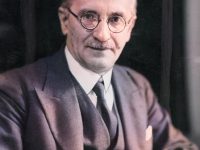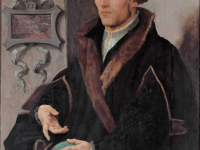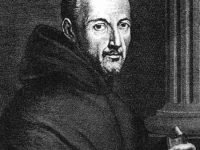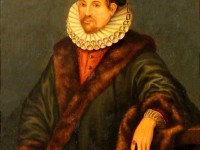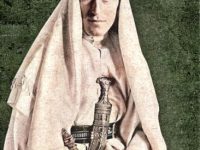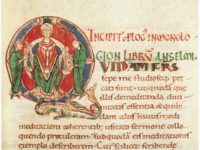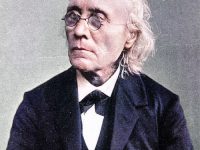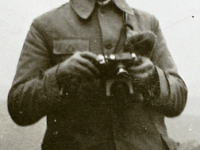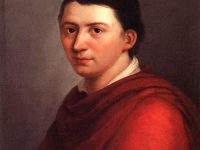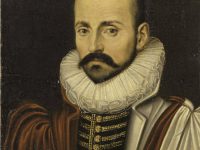Jan Łukasiewicz – Multivalued Logic and Polish Notation
On December 21, 1878, Polish logician and philosopher Jan Łukasiewicz was born. His work centered on philosophical logic, mathematical logic, and history of logic. However, he is best known for Polish notation and Łukasiewicz logic. Jan Łukasiewicz – Youth and Education Łukasiewicz grew up in Lwów and was the only child of Paweł Łukasiewicz, a captain in the Austrian army, and Leopoldina, née Holtzer, the daughter of a civil servant. He finished his gymnasium studies…
Read more

